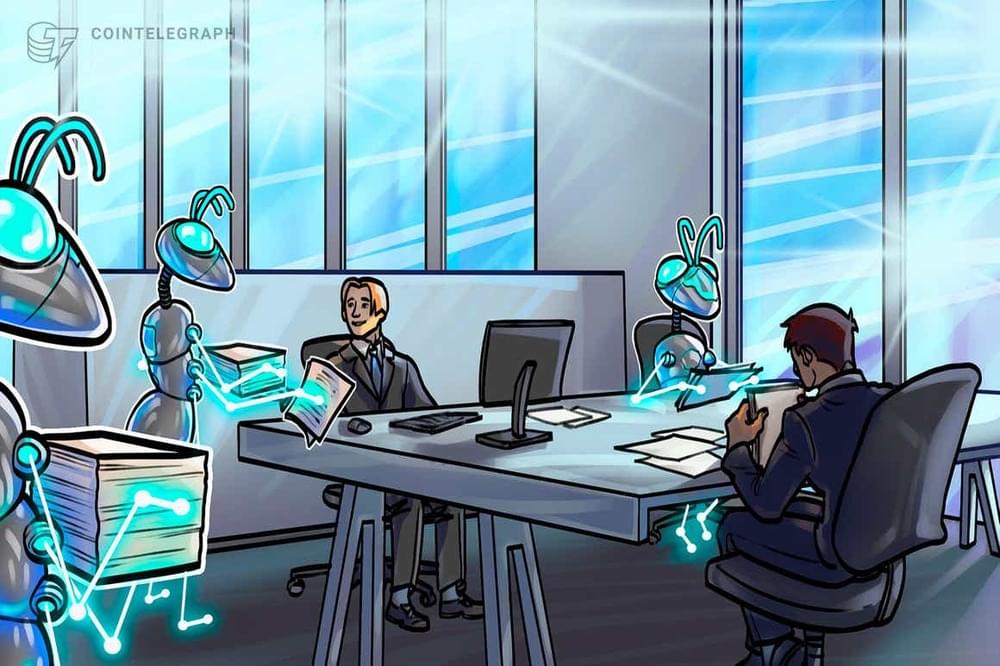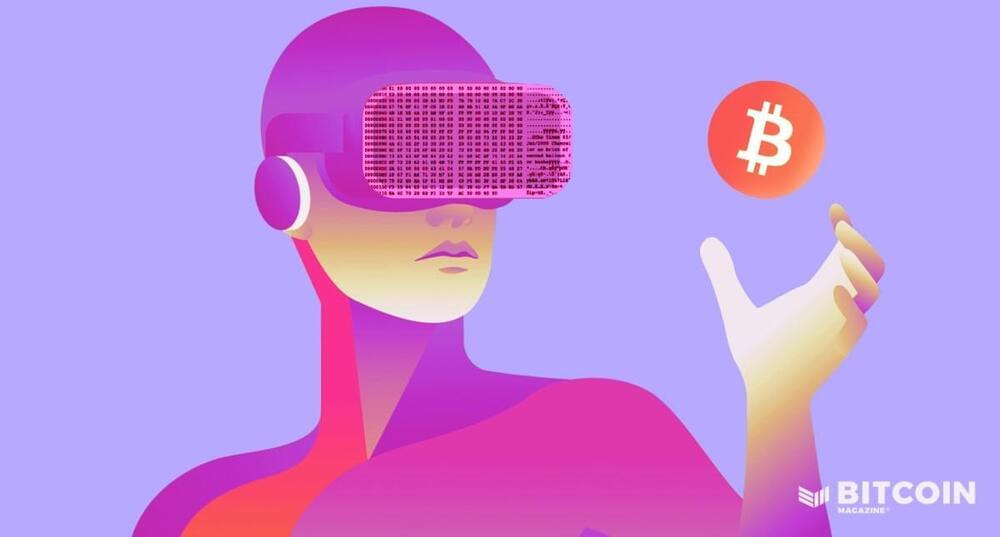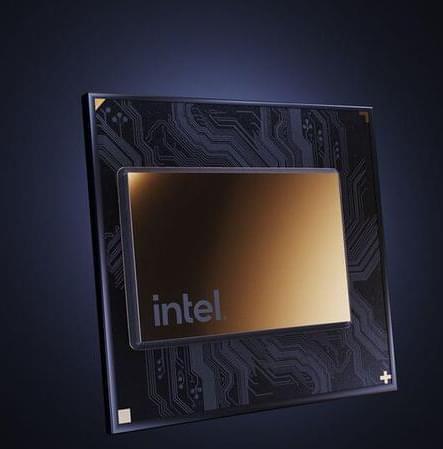Since their inception, blockchain-enabled consortia became a popular tactic among organizations looking to streamline their business processes and reduce operating costs, but that was before Web3.



Blockchain Commons’ 2022 internship will focus around Bitcoin and blockchain technology, human-rights privacy, and decentralized identity.
Blockchain Commons, a not-for-profit benefit corporation focused on Bitcoin and decentralized architectures, announced this year’s edition of its annual internship program to be held remotely during the summer months. The program’s focuses include Bitcoin and blockchain technology, human-rights privacy and advocacy, and decentralized identity.
“We are looking for interns with a wide range of expertise including not just software engineers and hardware developers, but also pre-law students, library science students, and technical writers,” said Blockchain Commons founder Christopher Allen in a GitHub post announcing the internship.
Allen said that he expects at least a third of the work during the internship to be focused on tools and resources for supporting activists around the world as they attempt to leverage the right technology for their daily advocacy efforts.


There’s another thing that’s attracting talent at Big Tech companies to Web3: money.
According to data from Blind, a social network for tech professionals, bitcoin exchange Coinbase offers as much as $900,000 a year for software engineers.
Investment into crypto companies has surged, meaning they’ve got much more cash to spare on lucrative compensation packages for big hires. Blockchain start-ups raised a record $25 billion in venture capital last year, according to CB Insight figures.

Top marketplaces facilitate epic amounts of theft and wash trading, scams are rampant, and the cringe is unbearable. Can it last?


